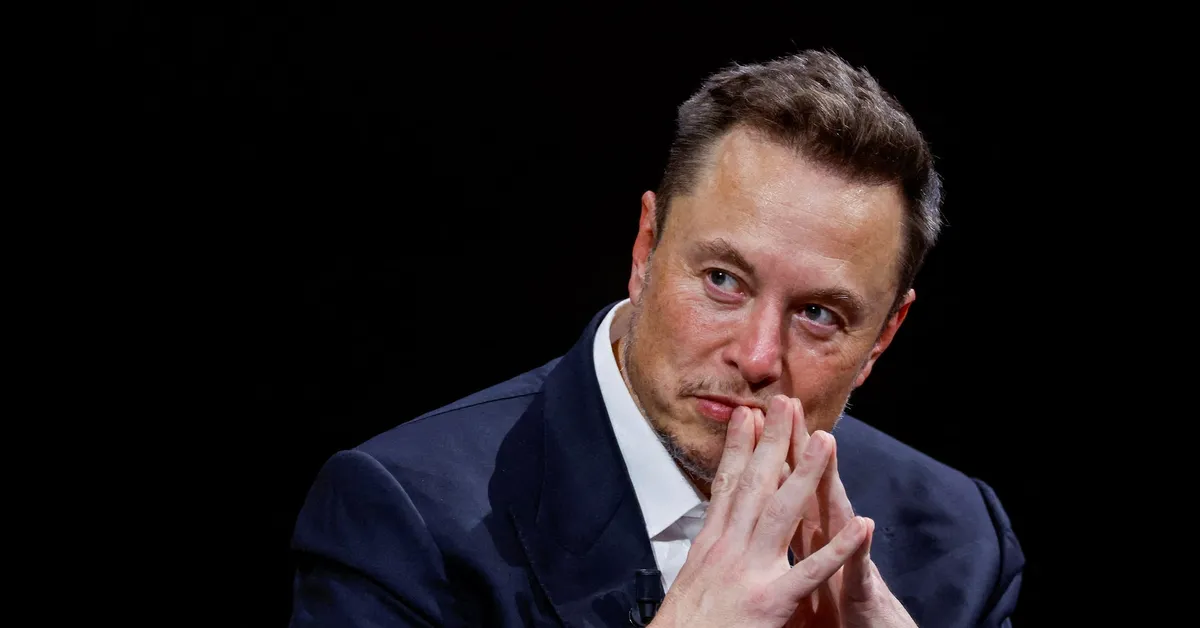
In a groundbreaking collaboration, EchoStar's Boost Mobile subscribers are set to benefit from access to Starlink's direct-to-cell service. This innovative partnership aims to extend satellite connectivity to areas that currently lack mobile service. As part of this agreement, EchoStar will also facilitate the deployment of advanced satellite technology, allowing SpaceX to enhance its offerings globally.
The recent spectrum purchase significantly empowers SpaceX to begin constructing and launching upgraded, laser-connected satellites. According to Gwynne Shotwell, president and COO of SpaceX, this strategic deal is poised to increase the cell network's capacity by more than 100 times. Shotwell emphasized that with exclusive spectrum rights, SpaceX will develop next-generation Starlink Direct to Cell satellites, which promise a remarkable improvement in performance and coverage for customers worldwide.
The push for enhanced connectivity comes amid a surge in wireless usage in the U.S. In 2024, Americans consumed a record 132 trillion megabytes of mobile data, marking a 35% increase from the previous record, as reported by the industry group CTIA. SpaceX has already launched over 8,000 Starlink satellites since 2020, establishing a robust distributed network in low-Earth orbit, catering to the demands of military, transportation, and rural consumers.
Since January 2024, SpaceX has deployed roughly 600 satellites specifically designed to support the direct-to-cell network, positioning them closer to Earth compared to other satellites in its constellation. The deployment of these larger satellites is heavily reliant on Starship, SpaceX's next-generation rocket that has been under development for nearly a decade. As test launches become increasingly complex, the company anticipates its first operational Starlink missions in early 2025.
This landmark deal comes on the heels of scrutiny from the Federal Communications Commission (FCC), which raised questions about EchoStar's utilization of mobile-satellite service spectrum and its compliance with 5G deployment obligations. In response, EchoStar believes that the transaction with SpaceX, along with an agreement with AT&T, will address the FCC's concerns. An FCC spokesperson noted that these collaborations could significantly enhance competition, introduce innovative services to millions of Americans, and bolster U.S. leadership in next-generation connectivity.
As part of the agreement, SpaceX is set to pay up to $8.5 billion in cash and issue an equal amount in stock, alongside covering approximately $2 billion in interest payments on EchoStar's debt obligations through late 2027. Following this transaction, EchoStar will maintain its operations in satellite television through services like Dish TV and Sling TV, as well as its internet service Hughes and the Boost Mobile brand.
SpaceX has been a strong advocate for reallocating underused airwaves for satellite-to-phone services. In a letter to the FCC, SpaceX argued that EchoStar's spectrum in the 2 GHz band is ideally suited for sharing among next-generation satellite systems. The agreement will allow SpaceX to operate its Starlink direct-to-cell services on frequencies it owns, moving away from dependence on leased frequencies from mobile carriers like T-Mobile.
In summary, the partnership between EchoStar and SpaceX marks a significant advancement in the satellite and mobile connectivity landscape. As both companies gear up to enhance their offerings, millions of Americans stand to gain from improved access to reliable mobile services, paving the way for a future of seamless connectivity.